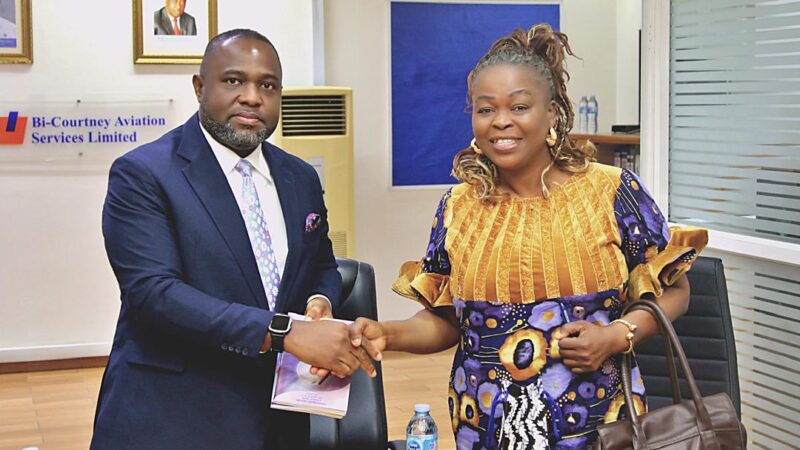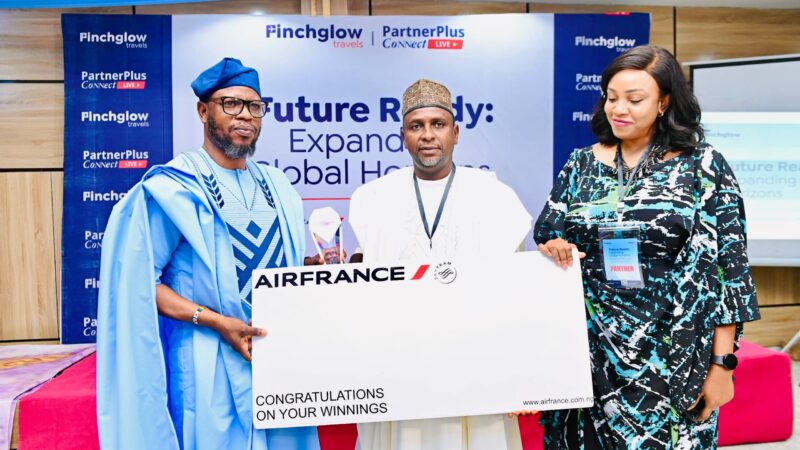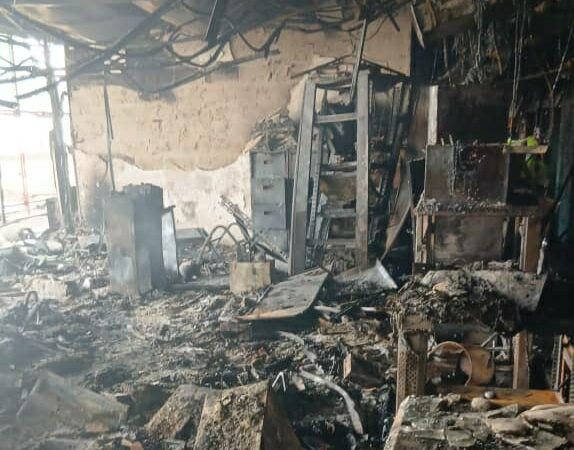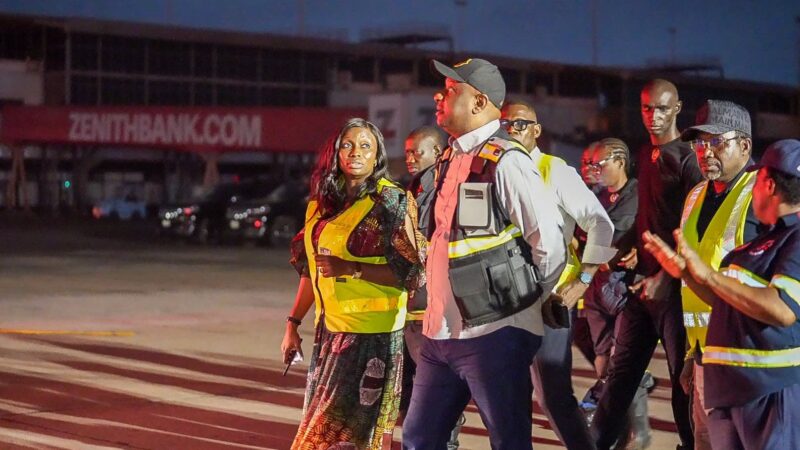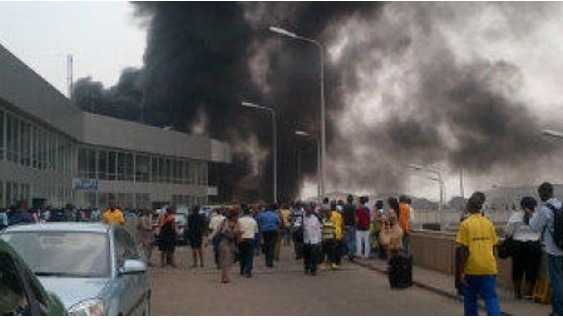Delta High Court Awards N105m To Two Asaba Chiefs ‘Ostracized’ Over Asagba Selection Controversy
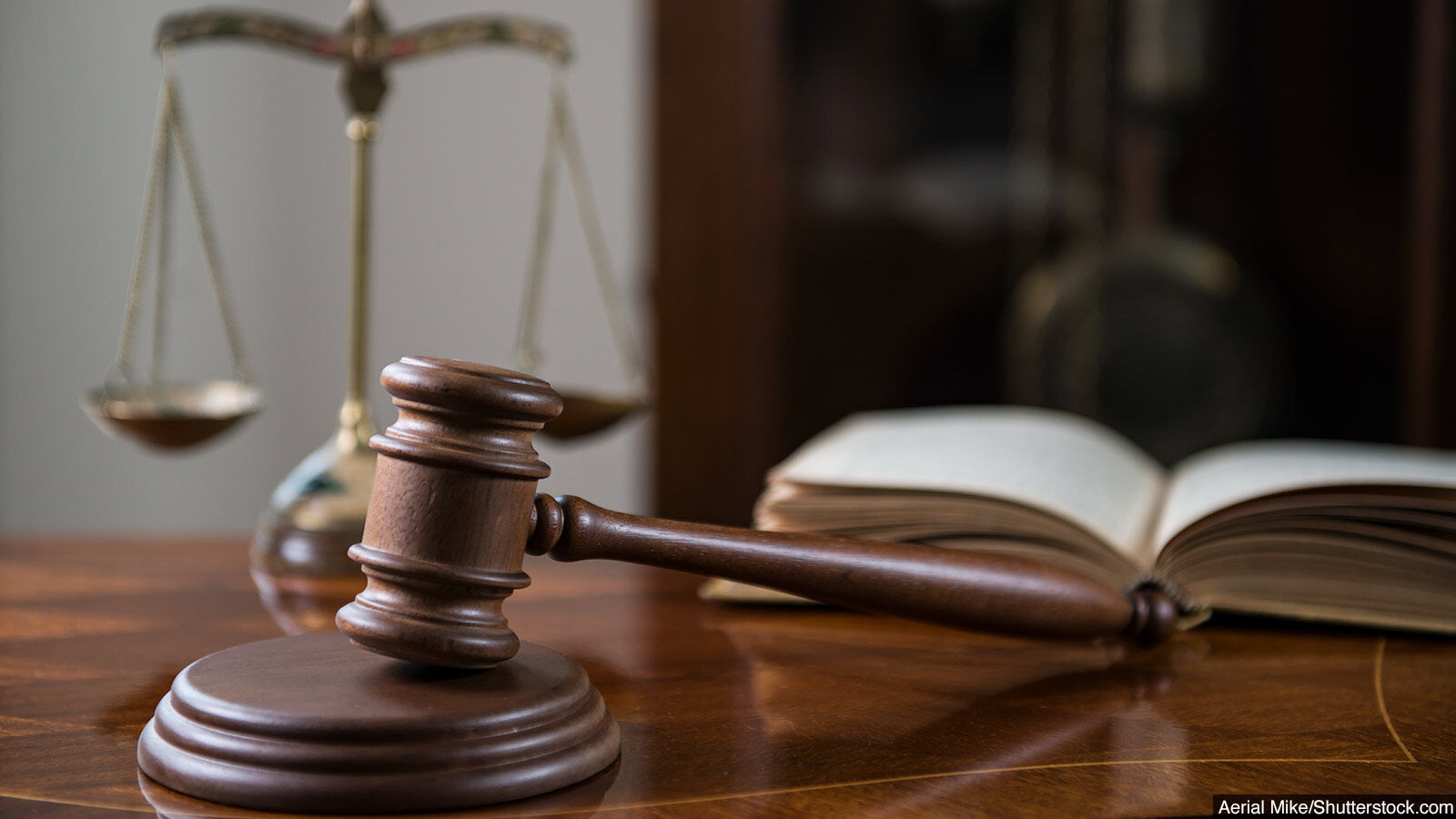
A High Court sitting in Asaba, Delta State has awarded N100million (One Hundred Million Naira only) as exemplary damages and another N5million (Five Million Naira only) as cost of action in favour of Ogbueshi Edwin Monyei and Mr. Ifeanyi Isichei against Ogbueshi Uche Nwajei (Head/Onoi of Otu-Ihaza Ahaba, Asaba) Charles Enemokwu (Secretary, Otu-Ihaza Ahaba, Asaba) for themselves and on behalf of Otu-Ihaza Ahaba, Asaba who are respondents in Suit No: DTHC/ASB/FR/64/2025.
In a judgement delivered on Tuesday 30th September, 2025 Hon. Justice Onome Marshal-Umukoro granted the reliefs sought by Ogbueshi Edwin Monyei and Mr. Ifeanyi Isichei who are applicants in the suit seeking for the enforcement of their fundamental human rights, pursuant to Section 46 (1) of the Constitution of the Federal Republic of Nigeria, 1999 (as altered), and Order II Rules 1, 2, 3, 4, and 5 of the Fundamental Rights (Enforcement Procedure) Rules, 2009, and Article 2 and Article 11 of the African Charter on Human and Peoples’ Rights.
The applicants had sought the Court’s declarations and orders against the respondents, alleging violations of their fundamental rights to freedom of association and fair hearing. Stating their case, the applicants (Ogbueshi Edwin Monyei and Mr. Ifeanyi Isichei); who hail from Isieke Village, Asaba, averred
that the respondents, who are members of the Otu-Ihaza Ahaba age
grade society, ostracised and suspended them from all traditional activities in Asaba.
According to the applicants, their case stemmed from events related to the
selection of the Asagba of Asaba, which became vacant in 2024. Ogbueshi Olisamedua Uwaechia, the head/diokpa of Isieke Village, had initiated a case in court (Suit No. OSACC/II/285/2024) challenging the selection process. Subsequently, Uwaechia was suspended and ostracised by the
respondents from traditional activities. This led to a fundamental rights enforcement suit (Suit No: THC/ASB/FR/7/2025), which resulted in a judgment on 28th March 2025, declaring the suspension and ostracism of Ogbueshi Olisamedua Uwaechia unconstitutional, restraining the respondents from interfering with his rights. Consequent upon this declaration, the court went ahead to award N5,000,000.00 (Five Million Naira) in damages.
The applicants further alleged that on 10th April 2025, they honoured an invitation from the respondents, where they were queried for attending a meeting called by Ogbueshi Olisamedua Uwaechia on 7th April 2025, citing his
ostracism. Consequently, on 28th April 2025, the respondents suspended and ostracised the applicants from all traditional activities in Asaba, asserting that this was done due to their “gross indiscipline” and for being part of a “splinter group” supporting the suspended Diokpa.
The applicants maintained that they did not commit any unlawful acts to warrant this ostracism. They were warned that other indigenes of Asaba were to avoid associating with them, which resulted in their social isolation and inability to participate in traditional activities.
They contended that the respondents’ actions constituted a continuous violation and trampling upon their fundamental human rights, specifically their right to
freedom of assembly and association guaranteed by Section 40 of the 1999 Constitution and Article 11 of the African Charter on Human and Peoples’ Rights. They also argued that the respondents’ decision to ostracise and suspend them
without a fair hearing violates Section 36(1) of the 1999 Constitution.
Based on the aforementioned alleged breaches, the applicants sought some reliefs from the court and asking its declaration that the respondents’ decision to
ostracise and suspend them from all traditional activities in Asaba constituted a violation of their fundamental right to freedom of association, which is guaranteed under Section 40 of the Constitution of the Federal Republic of Nigeria, 1999 (as amended) and Article 11 of the African Charter on Human
and People’s Rights, and it is illegal, null and void.
The applicants also sought Order of the Court directing the respondents to tender a written apology to them for the breach of their fundamental right to freedom of association and payment of the sum of N100million (One Hundred Million Naira only) as exemplary damages against the respondents, jointly and severally for their flagrant violation of the applicants’ fundamental right to freedom of association.
Further, the applicants sought an injunction restraining the respondents, by
themselves, their servants, agents, privies or otherwise howsoever, from further interfering with their (applicants’) right to freedom of association in any manner
whatsoever. In addition, the applicants sought an Order of the Court for respondents to pay for the cost of this action.
In their defense, the respondents had contended that the applicants’ complaint
did not constitute a breach of fundamental human rights cognizable under Chapter IV of the 1999 Constitution. They argued that the applicants cannot force unwilling people to associate with them.
According to the respondents, Ogbueshi Olisamedua Uwaechia (the Diokpa) filed a suit challenging the emergence of Prof. Epiphany Azinge without the village’s knowledge or authorisation, and without first resorting to domestic remedies provided under Asaba native law and custom. They alleged that the Diokpa abused his powers by mismanaging and spending village funds without approval, leading to his suspension from traditional activities by the village. In their statement of defense, the respondents held that efforts to make Uwaechia account for the funds failed as he refused to attend meetings, and he used law enforcement agents to harass community members.
They further argued that the village published his suspension in the Pointer Newspaper on 2nd June 2025 adding that the applicants were among a “splinter group” that joined the suspended Diokpa in running a parallel government in the village, engaging in activities like dissipating family funds and inviting the
police against the village. They claimed that the applicants’ suspension, which they referred to as a disciplinary measure, was a direct result of their association with the suspended Diokpa and their refusal to abide by native law and custom.
They stated that the applicants were heard before their suspension. They also noted that the judgment in Suit No. DTHC/ASB/FR/7/2025, concerning Ogbueshi Olisamedua Uwaechia, has been appealed to the Court of Appeal. The
respondents maintained that their actions did not breach the applicants’ rights under the Constitution. They cited the principle that the right to associate also carries the right not to associate. In their written argument, the respondents reiterated that the initial suspension of the Diokpa was in April 2025 and that the reasons for the suspension were serious.
Having listened to arguments and submissions from both parties and thorough examination of issues supported by decided cases and other extant legal authorities, Hon. Justice Onome Marshal-Umukoro ruled that the respondents’ decision to ostracise and suspend Ogbueshi Edwin Monyei and Mr. Ifeanyi Isichei from all traditional activities in Asaba constituted a serious infringement of their fundamental human right to freedom of association, as guaranteed under Section 40 of the Constitution of the Federal Republic of Nigeria, 1999 (as amended) and Article 11 of the African Charter on Human and People’s Rights, and is
therefore illegal, null, and void.
The judge also ordered that the respondents should jointly and severally tender a written apology to the applicants for the breach of their fundamental human rights and ordered that the respondents should jointly and severally pay the sum of N100million (One Hundred Million Naira only) to the applicants as exemplary damages for the flagrant violation of their fundamental human rights.
The Court further granted an injunction restraining the respondents, whether by themselves, their servants, agents, privies, or in any other manner, from further
interfering with the applicants’ right to freedom of association. The sum of N5million (Five Million Naira) was subsequently awarded to the applicants as the cost of action.
The judge also ruled that the judgement should be served on the present Asagba of Asaba, the Traditional Ruler of Asaba, “who is the embodiment and custodian of the native law and customs of Asaba, who thankfully is a Professor of Law and a Senior Advocate of Nigeria (SAN).”



